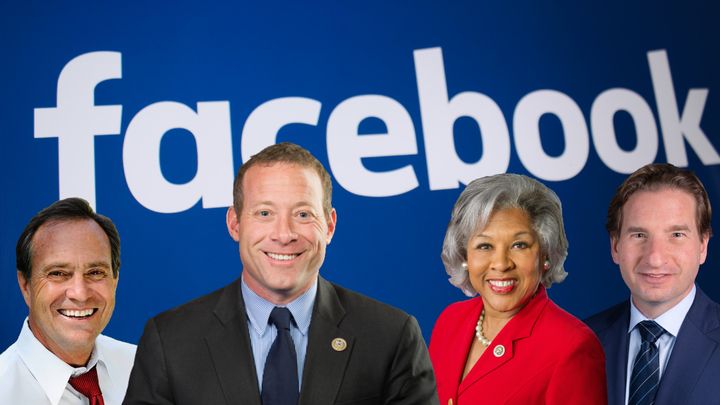Reps Who Will Question Zuckerberg Own Stock In Facebook

Summary
Four Democratic members of the House Financial Services Committee are personally invested in Facebook as CEO Mark Zuckerberg will testify before them on Wednesday.
Four Democratic members of the House Financial Services Committee are personally invested in Facebook as CEO Mark Zuckerberg will testify before them on Wednesday.